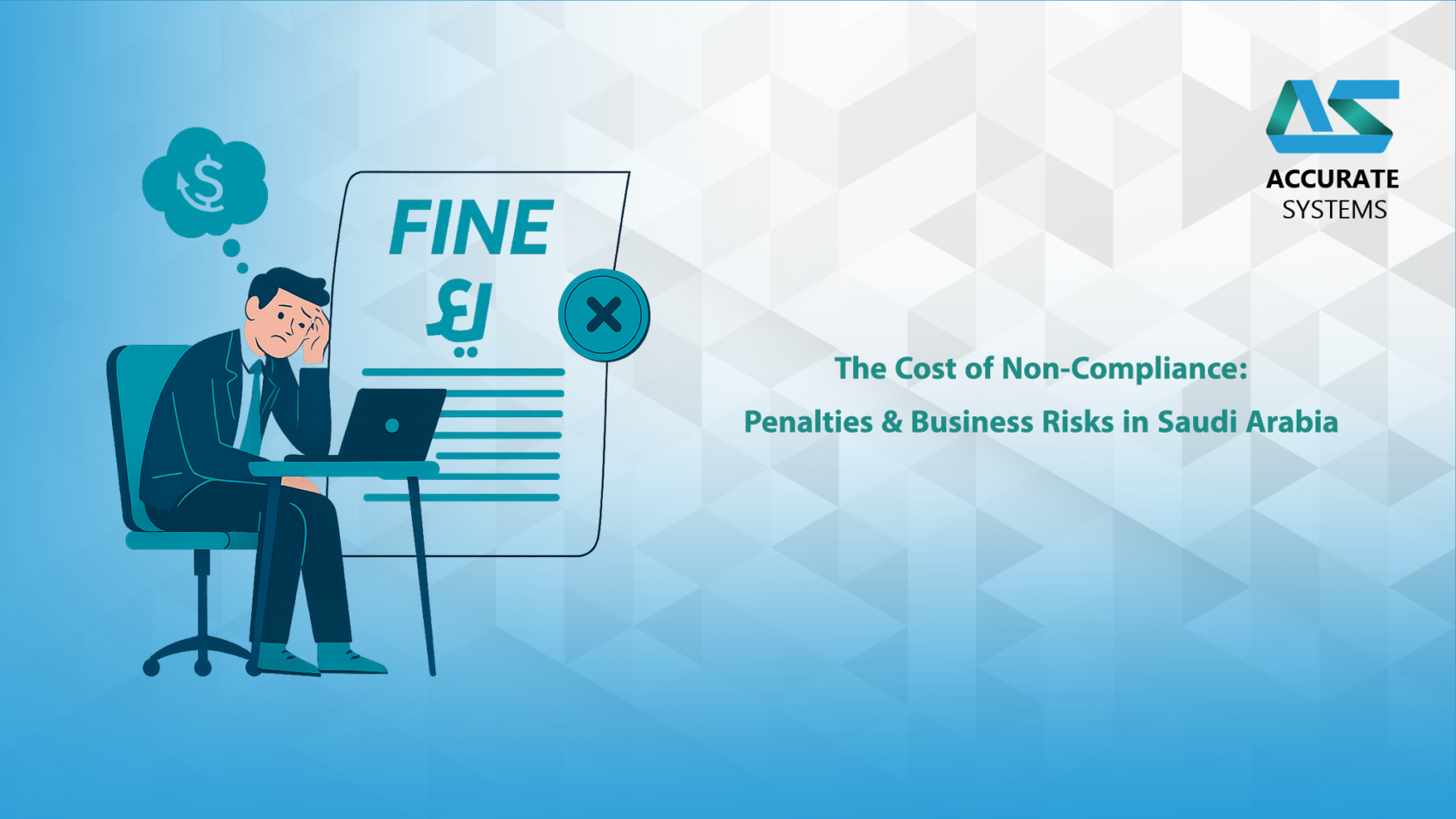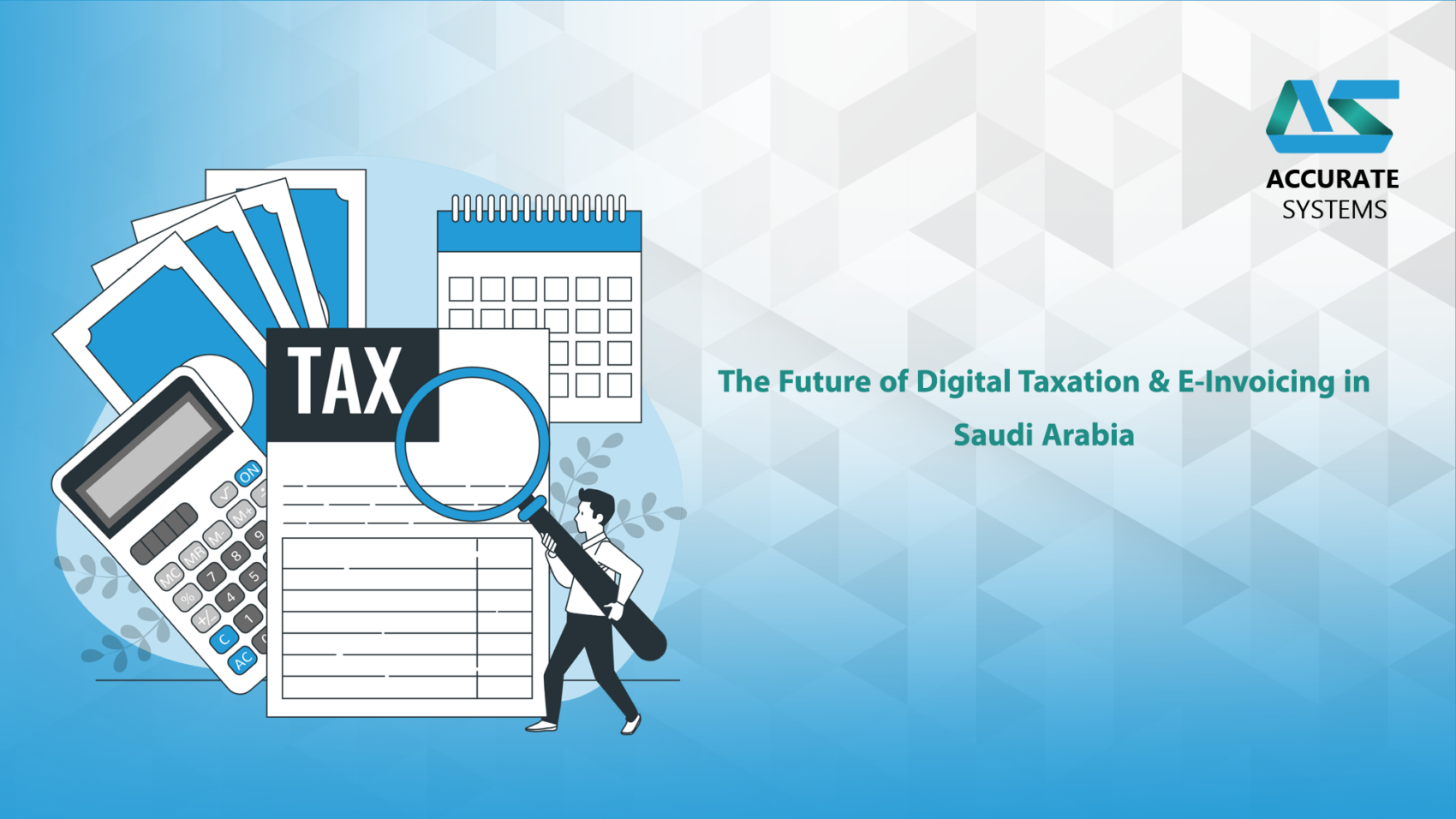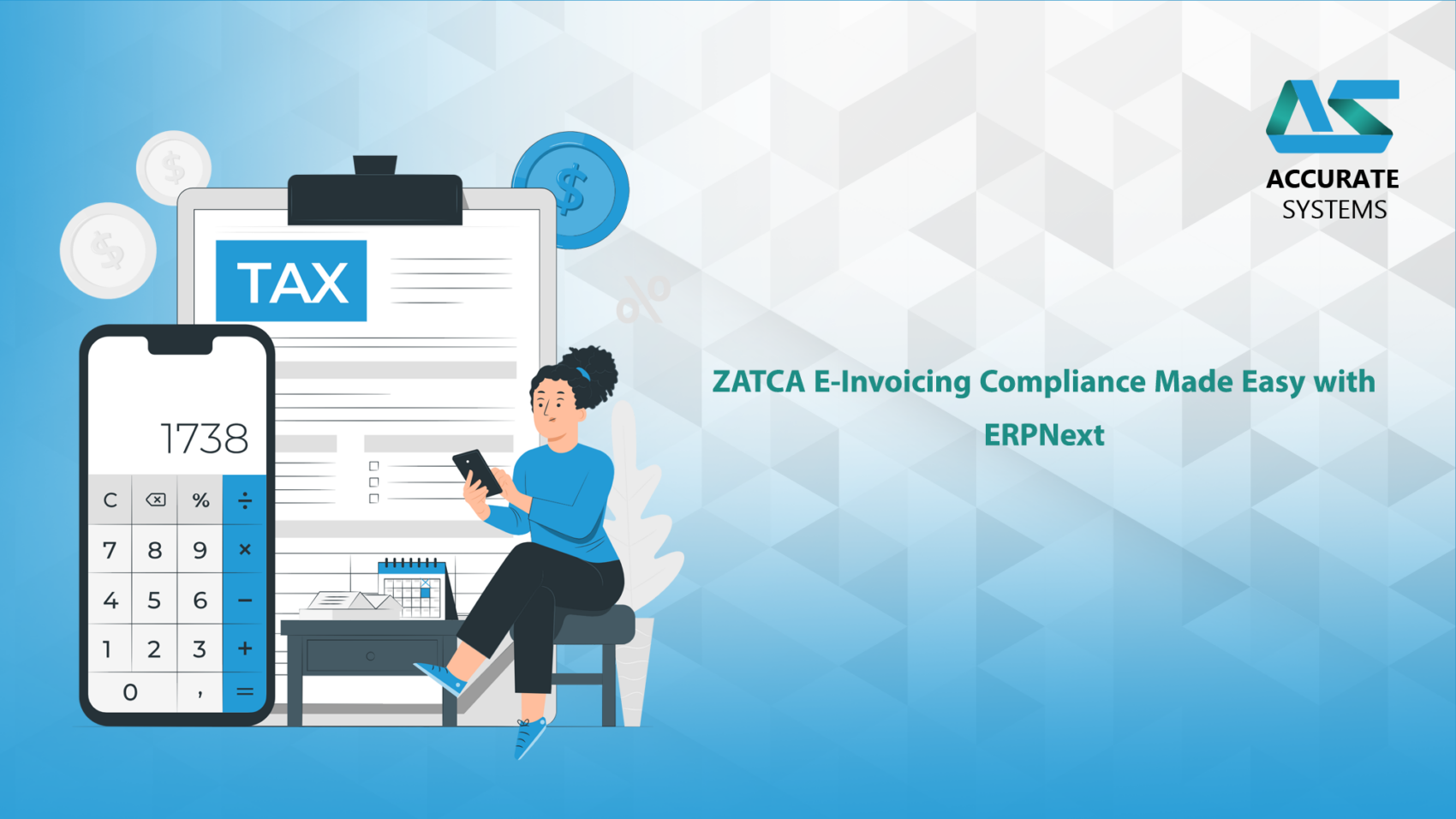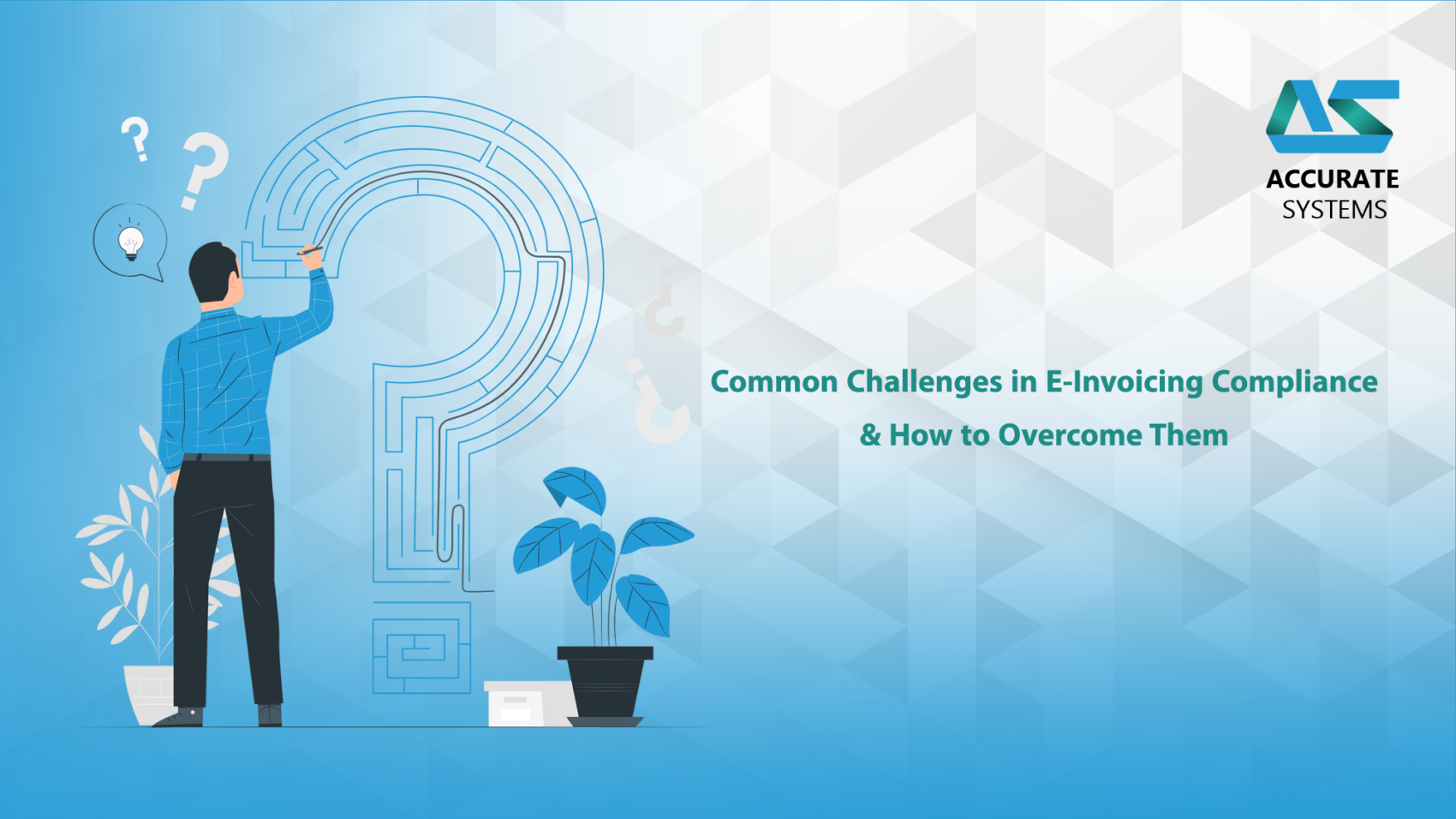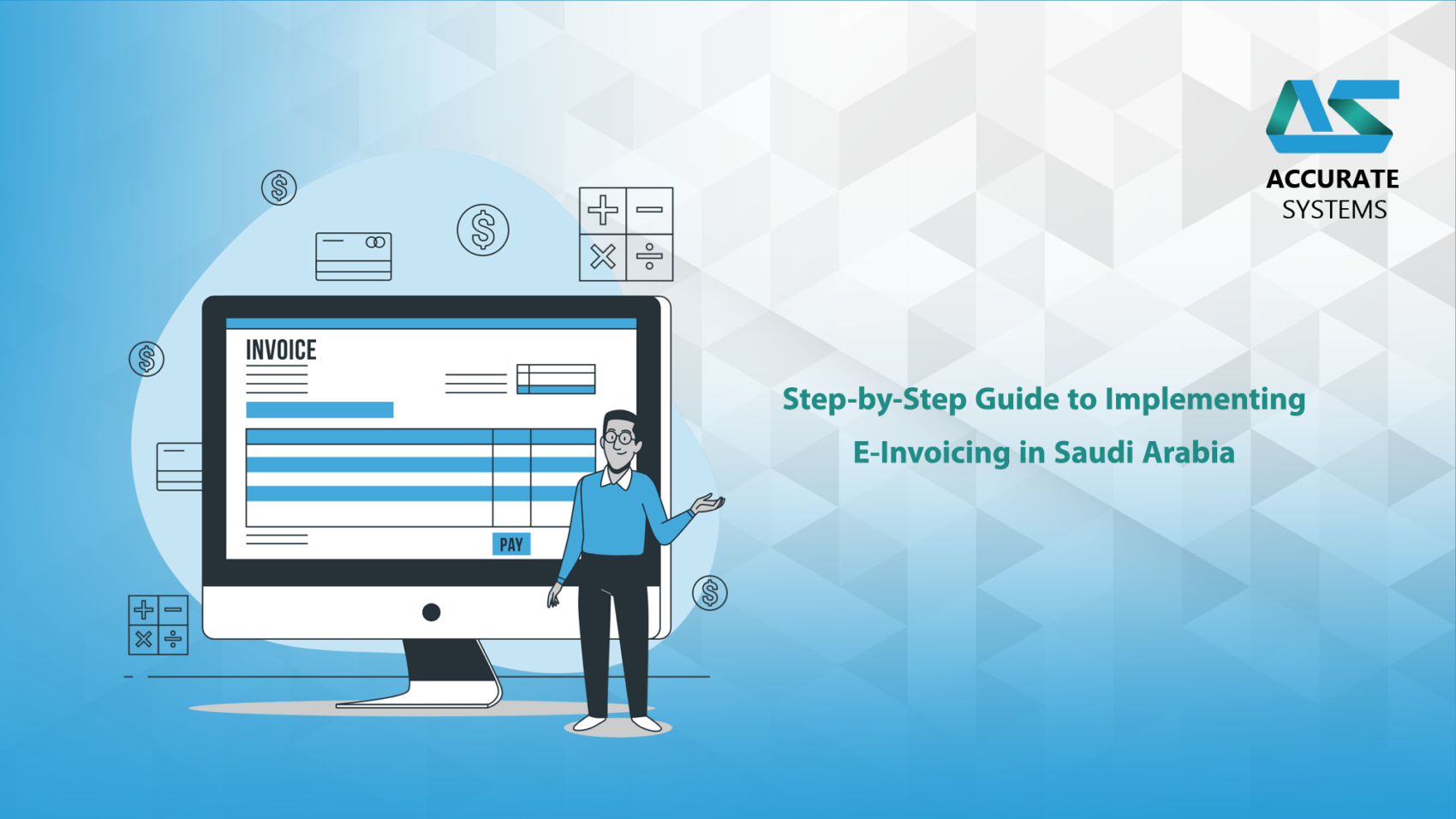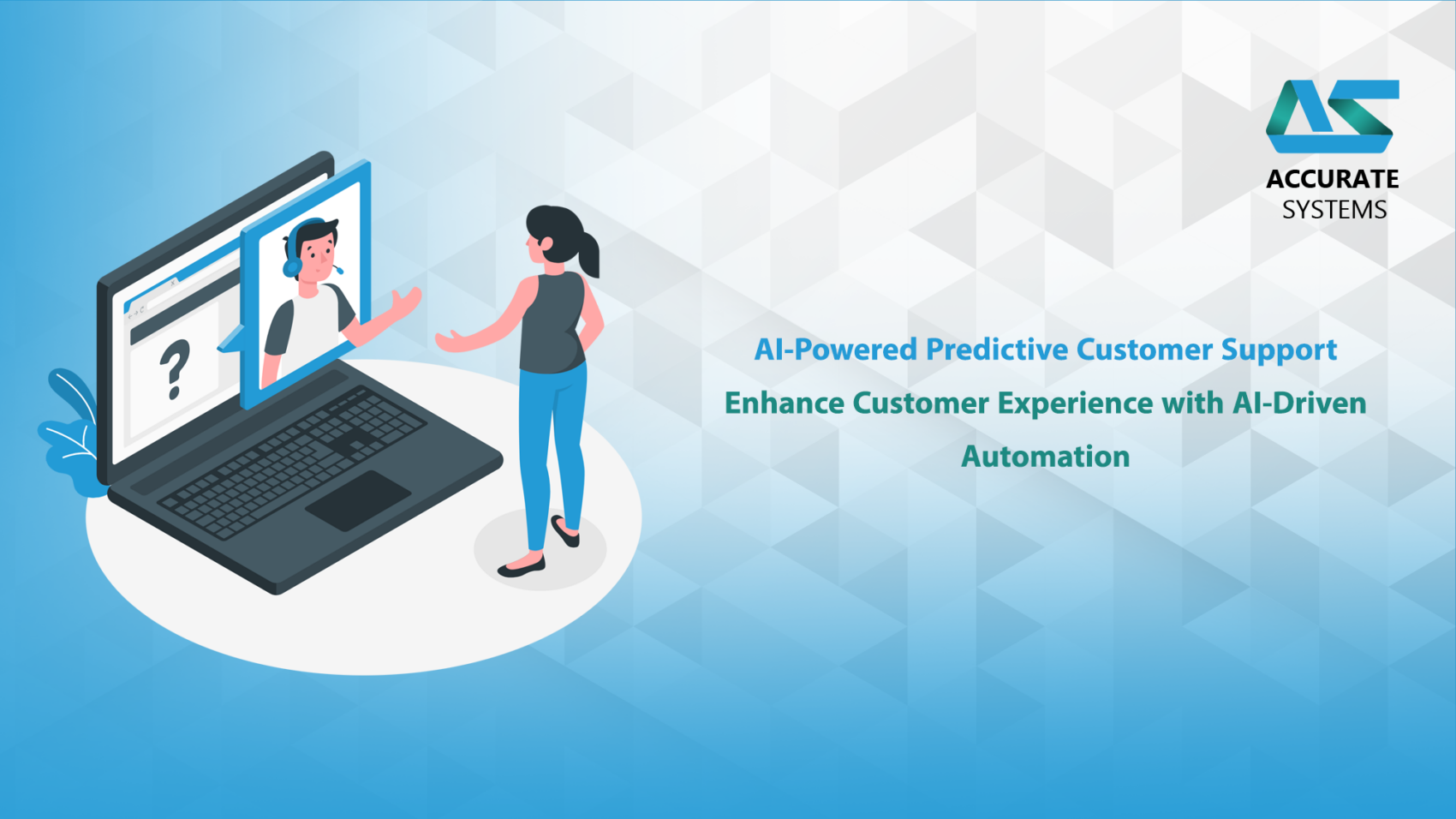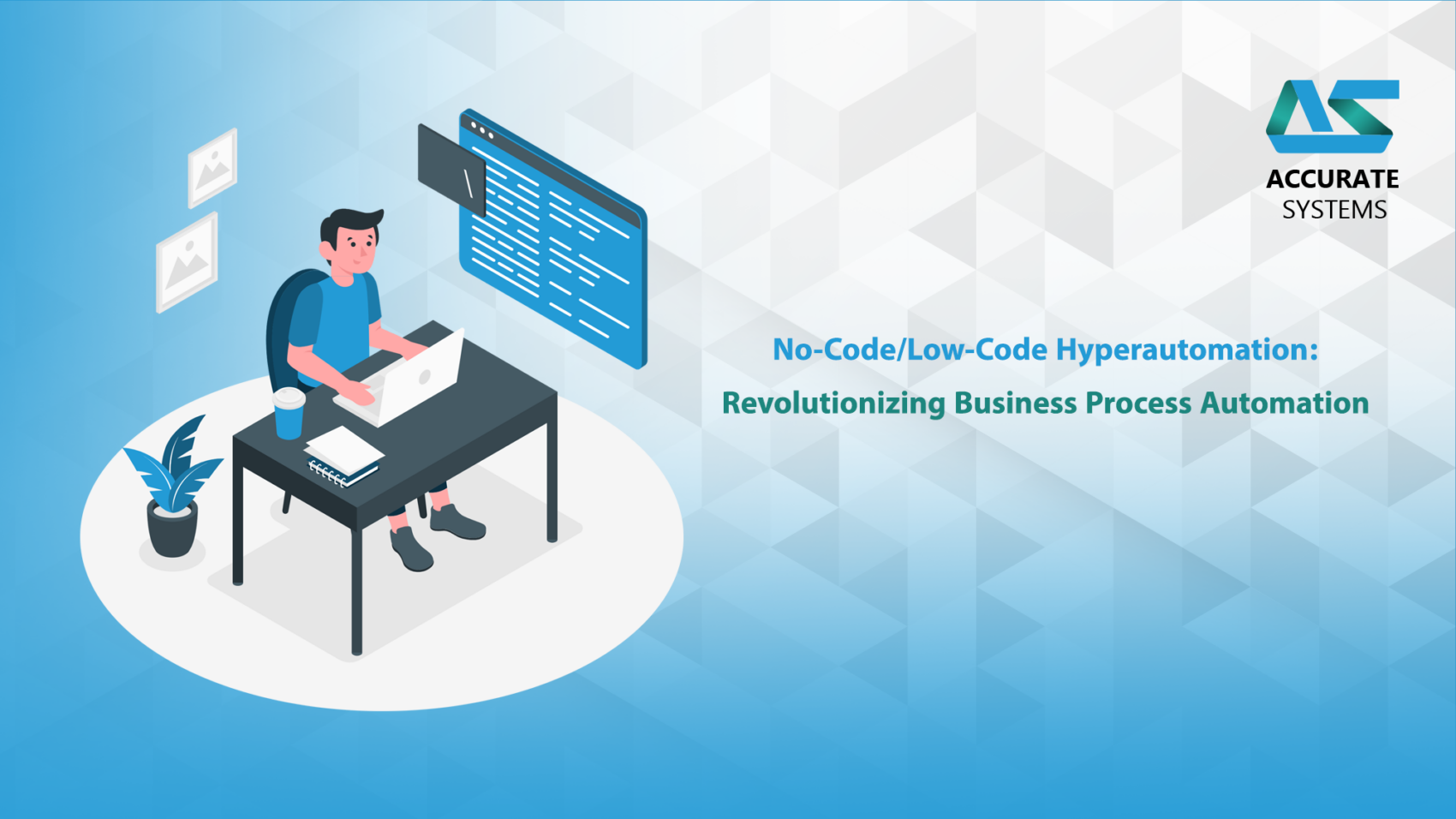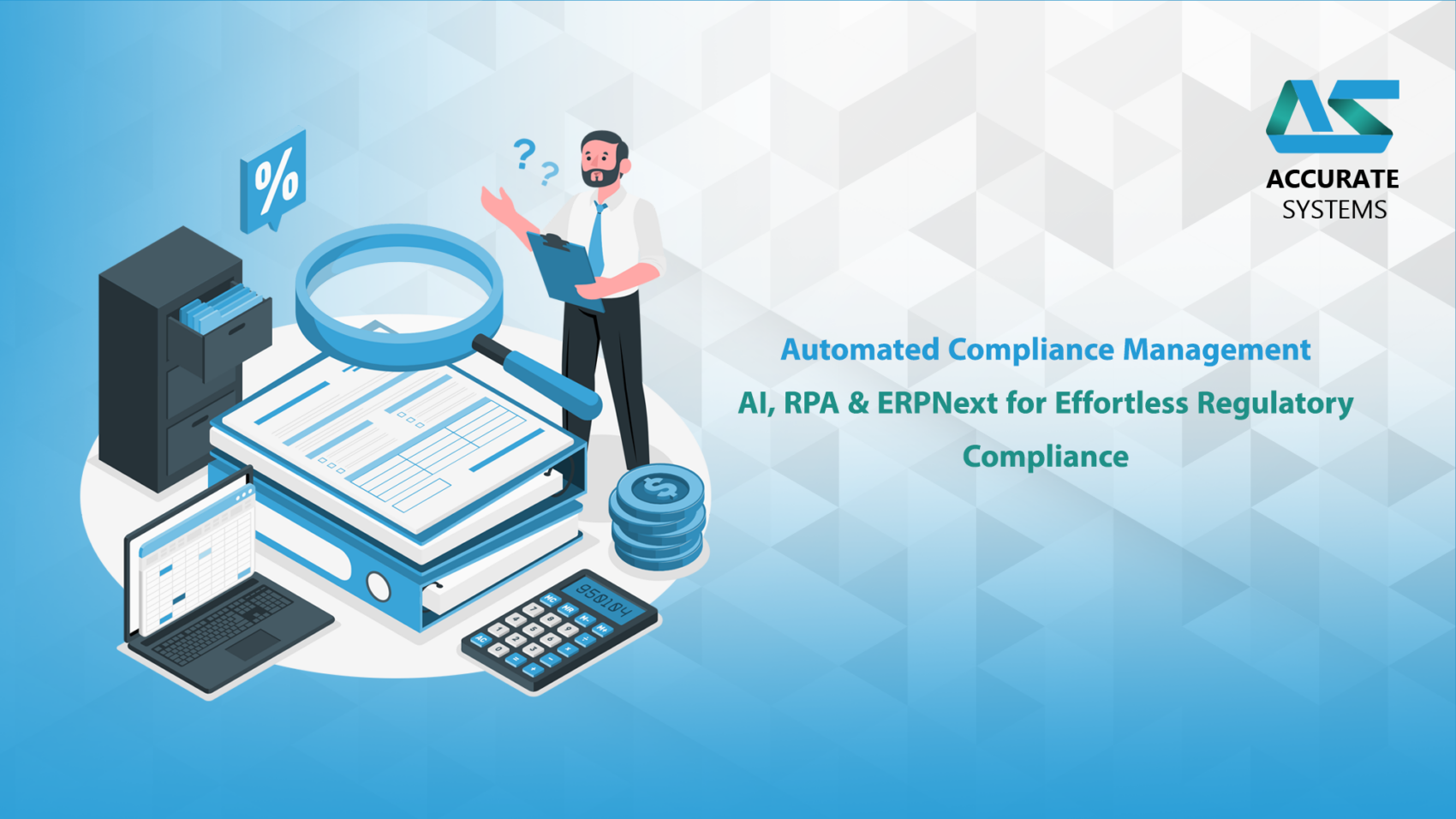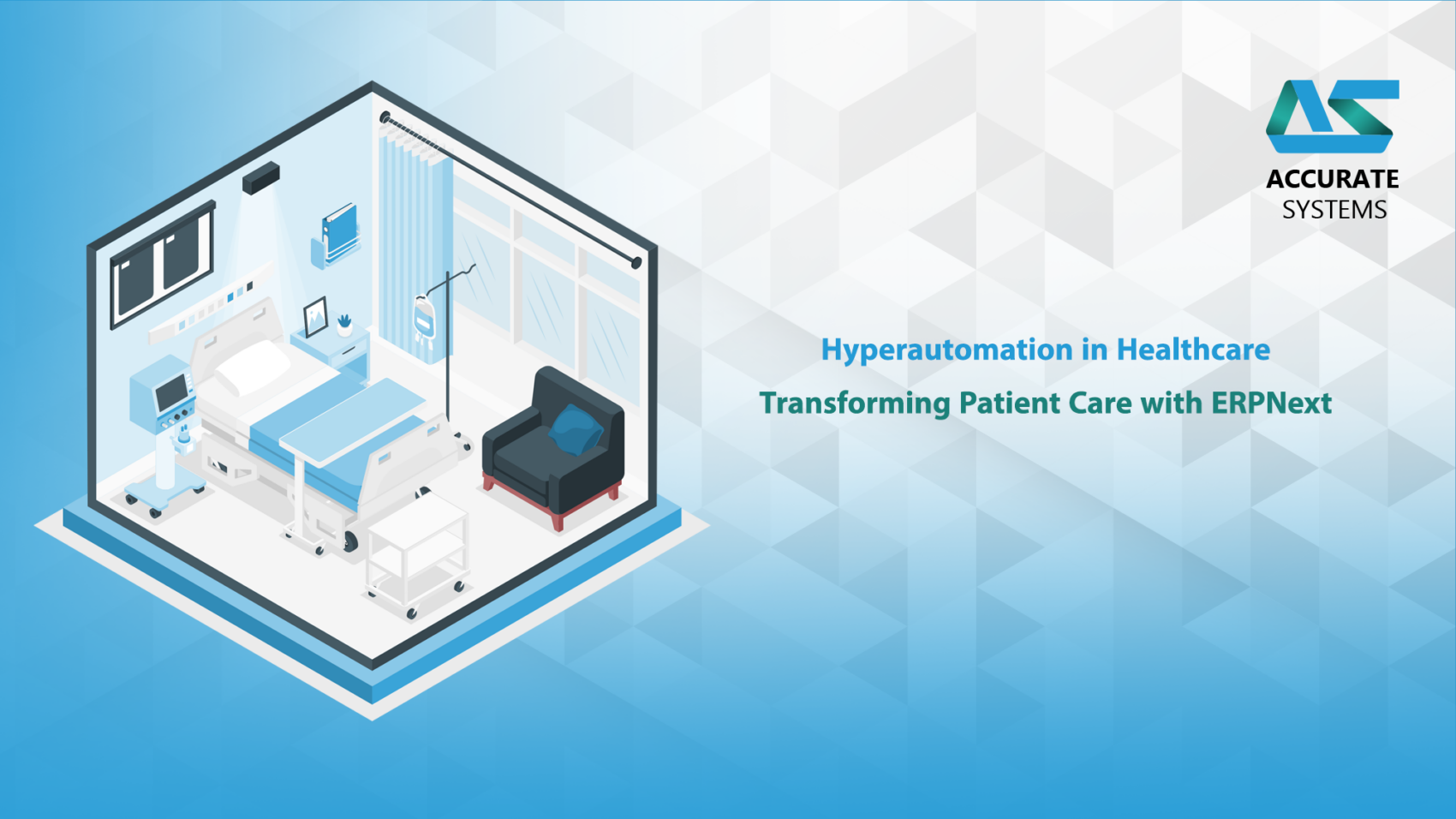ZATCA Compliance: Why It Matters for Businesses in Saudi Arabia
The Zakat, Tax and Customs Authority (ZATCA) plays a central role in enforcing Saudi Arabia’s tax laws, including Value Added Tax (VAT) and mandatory e-invoicing. As part of Vision 2030, ZATCA launched the Fatoora platform to digitize tax collection and increase transparency.
Businesses that fail to comply with ZATCA’s evolving requirements face steep penalties, legal risks, and reputational damage. Understanding the cost of non-compliance is essential for companies operating in Saudi Arabia’s rapidly modernizing economy.
Financial Penalties for Non-Compliance with ZATCA
Non-compliance with ZATCA’s e-invoicing and tax regulations can result in significant financial penalties. These fines are structured to enforce discipline and ensure that businesses meet Saudi Arabia’s tax standards.
Common ZATCA Penalties:
- Failure to issue e-invoices: SAR 1,000–50,000 per violation
- Incomplete or incorrect tax data: SAR 5,000–15,000 per invoice
- Delayed transaction reporting: SAR 20,000–50,000
- Failure to store invoices digitally: SAR 10,000 per instance
- Failure to integrate with Fatoora: Up to SAR 50,000
These fines can quickly accumulate for companies processing large volumes of invoices, leading to serious cash flow disruptions.
Hidden Financial Costs:
- Delays in VAT refunds due to non-compliant invoices
- Increased audit costs from frequent reviews
- Disqualification from government contracts and tenders
Legal Risks and Potential Lawsuits
In addition to monetary fines, businesses that ignore or violate ZATCA regulations may face legal consequences. These include:
- Suspension or revocation of trade licenses
- Legal action for fraudulent invoicing or VAT evasion
- Bank account freezes or asset seizures
- Board-level investigations and shareholder actions
Repeated non-compliance can escalate to criminal proceedings. Businesses may also be publicly listed as non-compliant, further damaging credibility and stakeholder trust.
Reputational Damage from Non-Compliance
Failure to comply with ZATCA regulations not only impacts finances—it can also severely damage a business’s reputation. In today’s digital-first world, regulatory violations are visible to customers, partners, and investors.
Reputation-Related Consequences:
- Loss of customer confidence and supplier relationships
- Negative media coverage and brand perception
- Difficulty attracting investors or financing
- Lower business valuation and market competitiveness
A single incident of non-compliance can result in long-term reputational harm, especially in highly regulated industries.
How ERPNext Helps Avoid ZATCA Penalties
To stay compliant, businesses need a technology-driven solution. ERPNext is a cloud-based, open-source ERP system that offers full support for ZATCA e-invoicing and VAT compliance.
ERPNext Features for Compliance:
- Real-time API integration with the Fatoora platform
- Automatic generation of ZATCA-compliant XML and PDF/A-3 invoices
- Cryptographic stamp, UUID, and QR code generation
- Automated VAT calculation and tax ledger management
- Secure invoice storage with audit-ready archiving
- Role-based access and system-generated audit trails
Benefits of Implementing ERPNext:
- Reduces risk of manual errors and violations
- Simplifies reporting and VAT reconciliation
- Improves accuracy, transparency, and audit readiness
- Enables ongoing compliance with evolving ZATCA regulations
Partnering with an ERPNext implementation expert ensures seamless deployment tailored to your industry and compliance needs.
Conclusion: Avoid ZATCA Penalties with Proactive Compliance
The cost of non-compliance in Saudi Arabia extends beyond fines. It includes legal action, reputational harm, and lost business opportunities. ZATCA has made it clear that digital compliance is not optional—it’s essential.
By implementing a robust ERP solution like ERPNext, businesses can ensure ZATCA compliance, avoid penalties, and maintain operational efficiency. With the right systems in place, compliance becomes a competitive advantage in Saudi Arabia’s digital economy.
📌 Stay ahead of ZATCA regulations. Automate compliance with ERPNext.
#ZATCA #EInvoicing #SaudiArabia #TaxCompliance #ERPNext #VAT #Fatoora #DigitalTransformation #BusinessRisk

